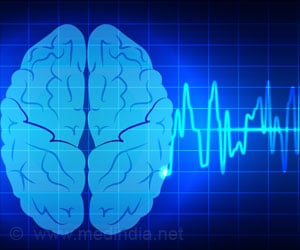Children of stressed fathers have a higher risk of developing a mental disorder.

TOP INSIGHT
Children of stressed fathers are at an increased risk of developing post traumatic stress disorder (PTSD) and depression.
Previously, Bale had found that adult male mice experiencing chronic periods of mild stress have offspring with a reduced response to stress; changes in stress reactivity have been linked to some neuropsychiatric disorders, including depression and PTSD. She and her colleagues isolated the mechanism of the reduced response; they found that the father's sperm showed changes in genetic material known as microRNA. MicroRNA are important because they play a key role in which genes become functional proteins.
Now, Bale and her colleagues have unraveled new details about these microRNA changes. In the male reproductive tract, the caput epididymis, the structure where sperm matures, releases tiny vesicles packed with microRNA that can fuse with sperm to change its cargo delivered to the egg. The caput epididymis responded to the father's stress by altering the content of these vesicles.
This suggests that even mild environmental challenges can have a significant impact on the development and potentially the health of future offspring. By learning more about links between a father's exposure to stress and the risks of disease for his offspring, we can better understand, detect, and prevent these disorders.
Bale has focused much of her research on the links between stress and subsequent risk for neurodevelopmental disorders, including autism and schizophrenia, in offspring. Her previous studies on the placenta have revealed novel sex differences during pregnancy that may predict increased prenatal risk for neurodevelopmental disorders in males.
 MEDINDIA
MEDINDIA




 Email
Email










